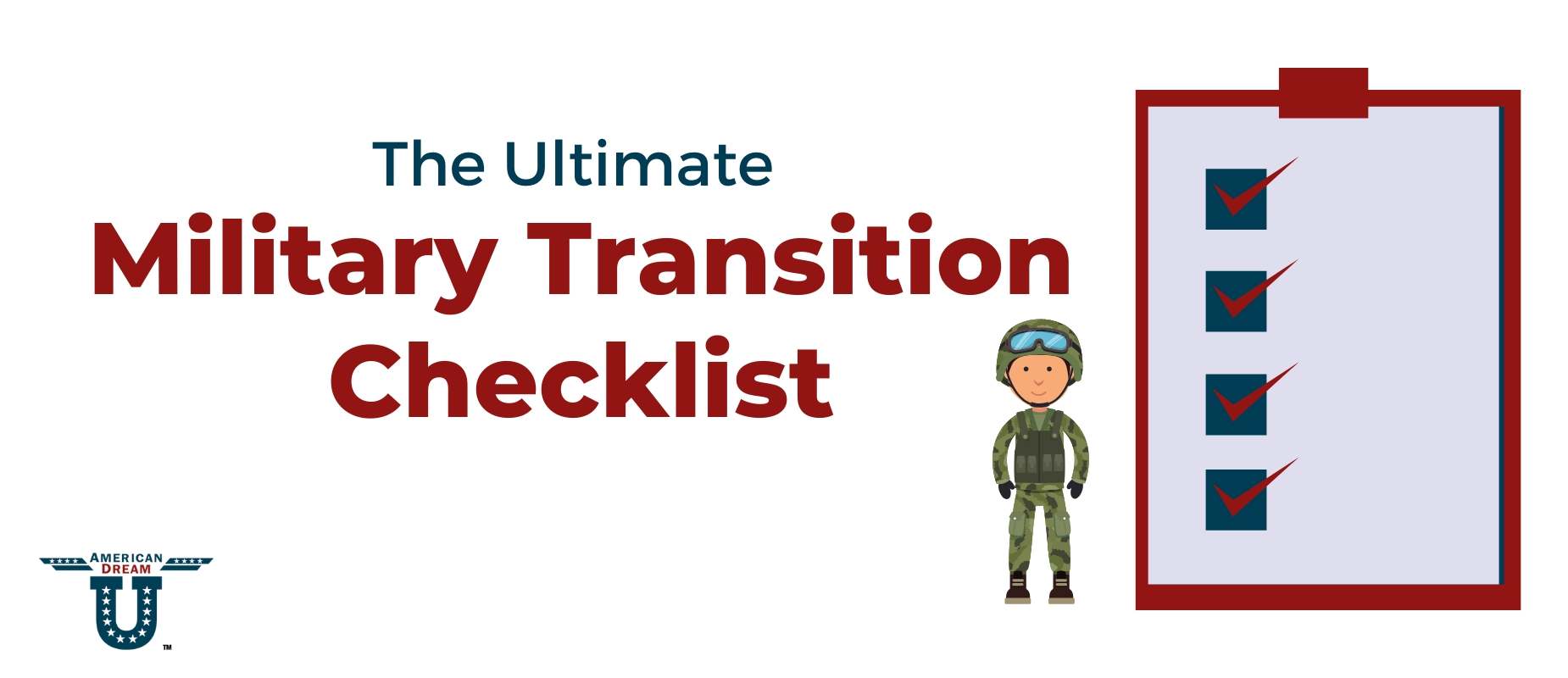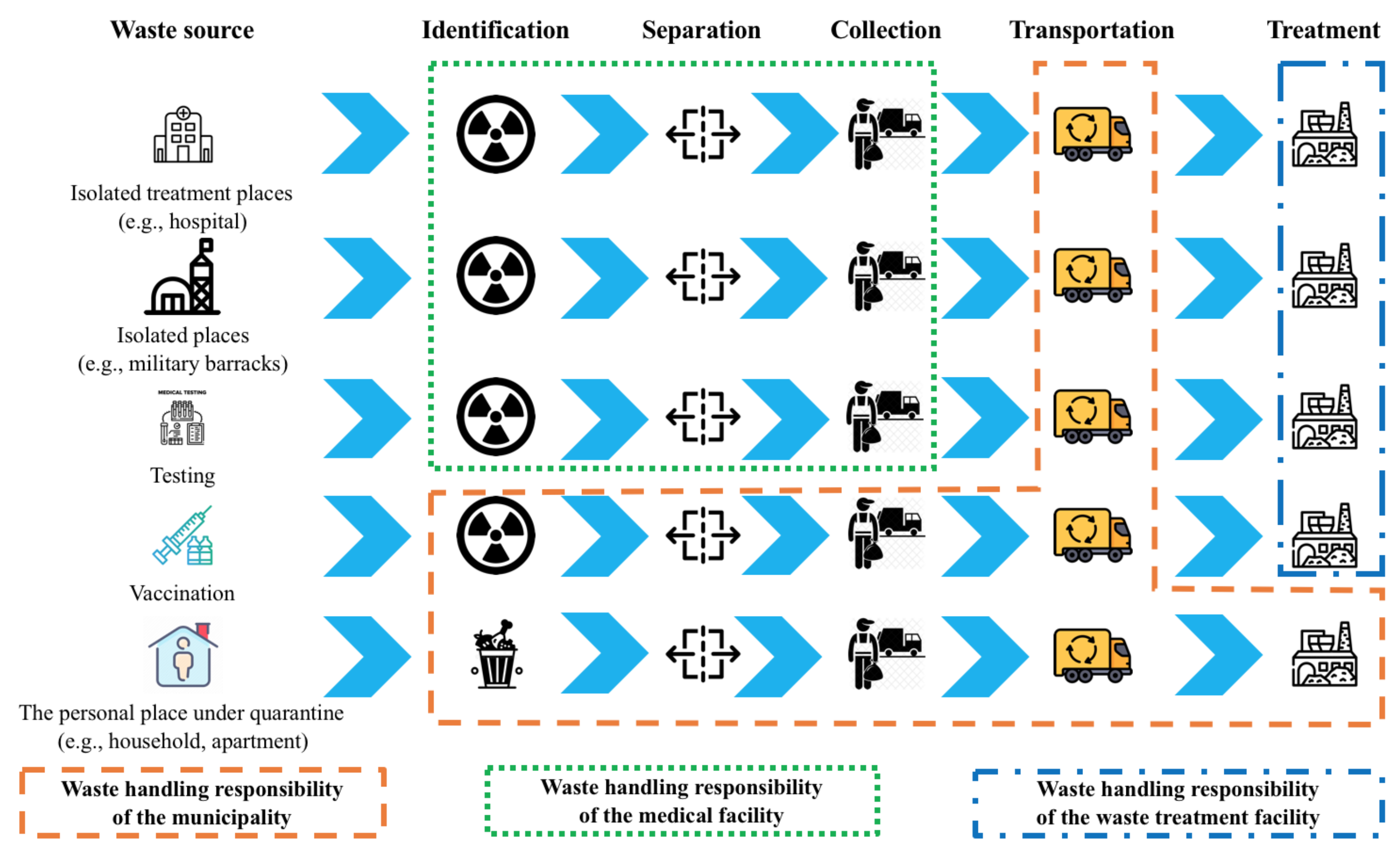Military Medical Separation - "Bad papers" -- or bad discharge honors -- can shame, stigmatize, and disqualify veterans from VA benefits. Many veterans and some VA health workers argue that poor discharge status on veterans' discharge documents will automatically disqualify them from health care, disability compensation, educational assistance, and other VA benefits.
While benefit entitlement is unlikely if you receive less than honorable discharge status, there are some exceptions made by the VA. There are different types of shady dismissals with different consequences in post-military life. Additionally, the VA may make a decision on a case-by-case basis regarding "dismissal features" that potentially entitle you to access medical care and other benefits if (and only if) you request an Injury Claim.
Military Medical Separation

Demobilization is simply defined as a soldier's release from his duty to continue serving in the armed forces. Upon discharge, a service member is also given the "Service Traits" that appear on their DD-214, which typically fall into one of five categories: honorary, generally on terms of honor, dishonorable, misconduct, or dishonesty.
Military Retirement Program
Honorary discharges are by far the most common, with more than 85 percent of veterans receiving this type of discharge. Honorably discharged veterans are eligible for all VA benefits (eg, disability compensation, education, health care, job training).
A general discharge means you have met the requirements of the service, which may be due to minor disciplinary action or failure to meet certain standards. Overall, however, your military performance is considered satisfactory. Volunteer jointly discharged veterans are eligible for all VA benefits except GI Bill parenting benefits.
OTH discharges are usually unwanted discharges. That means you have some serious deviations from the manners, etiquette, and performance that a service member would expect. Examples of situations that may result in OTH's dismissal include a security breach, serious misconduct that puts other members of the military at risk, or the intentional use of force to seriously harm others.
In these cases, the VA carries out a description of services in order to assess the entitlement to benefits. Therefore, the OTH dismissal does not mean that you are definitely barred from receiving VA benefits. Instead, based on the facts of your case, the VA must determine whether you are entitled to benefits based on laws and regulations. The OTH discharge characteristic is realized
Complete List Of Military Separation Codes On Documents
Rather than by court martial. Veterans have long reported abuse of OTH functions in cases of soldier misconduct related to post-traumatic stress disorder (PTSD), traumatic brain injury (TBI), military sexual trauma (MST), or, prior to 2011, sexual orientation.
Dismissal for misconduct is a form of punishment or disciplinary action imposed by a military court. A court-martial is a criminal procedure conducted by the military when there is a violation. If you are tried for bad behavior by a special military tribunal (for more serious crimes) but not by a general military tribunal (for crimes that would be committed by civilians),
The worst layoff one can get is an unlucky layoff. This type of discharge status is usually reserved for veterans who have committed very serious crimes such as desertion, rape, or murder. A humiliating discharge is only given if you are convicted by a general military tribunal that requires a humiliating discharge as part of the sentence. Therefore, if you are dishonestly dismissed, you are immediately ineligible for all VA benefits.

Many veterans assume that they are not entitled to benefits if they are unfairly discharged. Likewise, veterans are sometimes told by VA medical center staff that they are ineligible based solely on their DD-214, which indicates their discharge status. These assumptions often even prevent veterans with lower discharge records from claiming VA benefits.
United States Army Basic Training
Deemed eligible for certain VA benefits. The VA examines in individual cases whether incidents with discharges "under unfaithful conditions" and thus a fundamental claim for benefits of the VA exist. This service specification is prepared by your local VA regional office.
The VA only takes the discharge properties into account when a complaint is received. This means that it is the veteran's responsibility or responsibility to initiate an investigation on a case-by-case basis. You can begin the process with an application for medical treatment at a VA Medical Center (usually Form VA 10-10EZ) or an application for compensation or annuity at your VA Regional Office (usually Form VA 21-526). If you were honorably discharged, you do not need to have a determination to serve.
To determine whether the events leading up to the dismissal "took place under conditions that are not shameful," the VA is looking at the events and circumstances surrounding the incidents that led to the dismissal, according to a military report. You can also provide your own evidence or evidence obtained from a third party. Basically, the VA compares what you have done during your service against legal and regulatory bars (see below) and makes a decision.
The VA is more likely to rule in your favor if your offense is less serious or there are mitigating circumstances, ie. H. there are circumstances (eg. It can also help your case if the medical treatment you are seeking is for a condition that arose during or as a result of your service.
Military Separation: In Depth Guide & Expert Tips (2022 Edition)
It is important that you can lodge an objection if you do not agree with the nature of your service assessment, which is carried out by each individual agency. It may be beneficial to seek help from a veterans service organization or a licensed attorney with this process.
The VA is barred by law from making benefits if the veteran's discharge ground constitutes a "legal framework for benefits." That is, if the fault(s) causing the disconnection or discharge is/are one of the following:
The exact wording of this rule is found at 38 USC § 5303. However, it is important to note that when considering the discharge status of a person who has gone AWOL, a different subset of judgments must be made. In particular, the VA must review the totality of cases to determine if the individual has valid reason to remain AWOL for more than 180 days. After considering the cause and comparing it with the quality of service, the VA can make a more reasonable decision.

In addition to regulatory bars, there are regulatory bars under 38 CFR §3.12(d). A person's discharge status is deemed to have been granted "under dishonest conditions" if they are discharged in any of the following circumstances:
Adf Medical Transition
The Crazy Exception is one way individuals can overcome legal and/or regulatory obstacles that prevent them from achieving veteran status. When crazy exceptions apply, it doesn't mean the legal or regulatory ban is lifted; However, that means you can still get benefits. Crucially, the madness here isn't the same as it was at the crime scene. The VA defines dementia as "a person who, despite the absence of a mental defect or an inborn psychopathic manifestation, deviates from normal behavior in a more or less persistent manner as a result of an illness". This means that at the time you exceeded one of these limits, you were not acting as you normally would because of an illness.
While characterizing the service decision may qualify an individual for VA benefits and veteran status, it does not change their actual discharge from the military. Again, this only means that the VA will maintain its claim if the discharge characteristics are favourable. The essence of the service regulation is what the VA does, as opposed to what your particular military branch does, which would be the case with a discharge upgrade.
Determining eligibility can be difficult for veterans with a long history of service. For example, veterans may have two terms of service: the first with an honorable discharge and the second with a humiliating discharge. All conditions occurring during the first period are eligible for VA benefits; However, conditions occurring during the second period may not be eligible. Conversely, if a veteran enrolls for four years and then re-enrolls after three years, the total length of service is considered the time frame. If any part of it is deemed dishonest, the entire period of service is deemed dishonest. It gets even more nuanced when there are more than two tiers of serving. In this situation, it is best for individuals to contact a veteran service organization or other representatives who will specifically deal with discharge update issues and determine service characteristics.
Again, the service-defining characteristic is something the VA will look for when determining if you are eligible for benefits. However, many people actually want to change the state of discharge. Depending on your situation, there are two places you can do this: the Discharge Review Board or the Military Records Revision Board. Each person has different authority limitations on what they can review:
Full Time To Part Time With Benefits > 913th Airlift Group > Article Display
Dismissal Review Committee can review Dismissal Upgrade requests within 15 minutes
Military separation codes, military separation checklist, military medical separation pay calculator, separation papers military, military legal separation, medical separation from military, military separation agreement, military separation, military separation pay, military medical separation pay, military administrative separation, military spouse separation pay
0 Comments